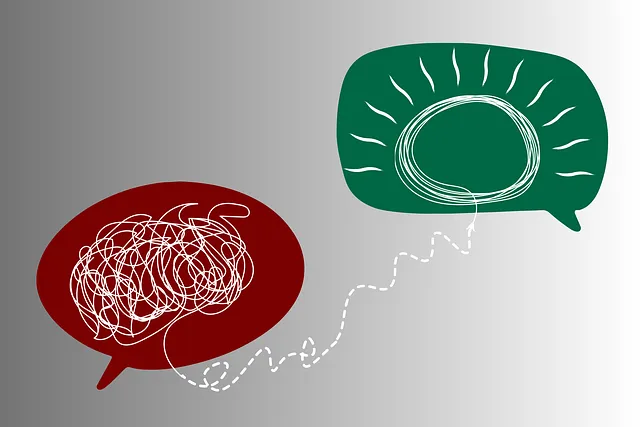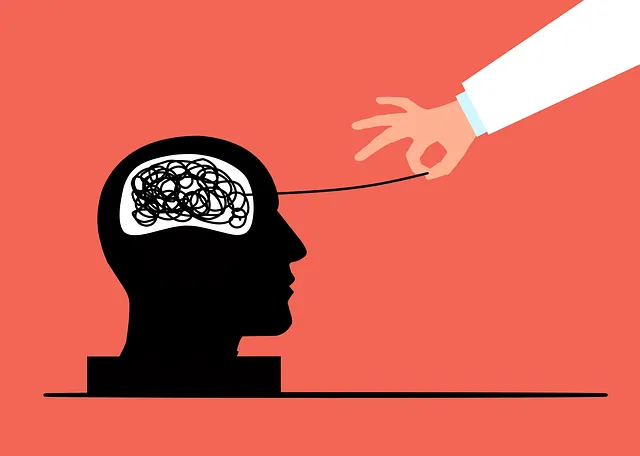Mental health professionals at Superior Kaiser Permanente excel in patient safety by integrating risk assessment strategies, evidence-based methods, and stress reduction techniques. They achieve superior care through standardized protocols, best practices, and training programs that enhance therapeutic outcomes. Their proactive approach addresses workload, interpersonal dynamics, and personal safety risks. By prioritizing emotional intelligence and mental health awareness, they navigate ethical challenges sensitively. Continuously improving practices with patient feedback, compassion cultivation, mindfulness meditation, and cultural sensitivity ensures a holistic, high-quality care experience for diverse populations.
Mental health professionals are at the forefront of caring for vulnerable individuals, yet they face unique risks. This article delves into the critical aspect of risk assessment within mental health practice, exploring strategies to ensure the safety and well-being of both clients and providers. We examine how organizations like Superior Kaiser Permanente are standardizing protocols, identifying hazards, and fostering ethical practices. By focusing on continuous improvement, mental health care can evolve into a more robust and supportive system.
- Understanding Risk Assessment in Mental Health Practice
- The Role of Kaiser Permanente in Standardizing Protocols
- Identifying and Mitigating Potential Hazards
- Ethical Considerations for Mental Health Professionals
- Continuous Improvement: A Superior Approach for Mental Health Care
Understanding Risk Assessment in Mental Health Practice

Mental health professionals are tasked with understanding and mitigating risks within their practice to ensure patient safety and deliver superior Kaiser Permanente mental health services. Risk assessment is a crucial component of this process, involving the systematic identification and evaluation of potential hazards that could impact patient outcomes. By employing evidence-based methods, practitioners can identify vulnerabilities and implement tailored strategies for risk management.
This proactive approach extends beyond simply addressing acute crises. It encompasses a holistic view, considering factors such as individual patient characteristics, environmental influences, and emerging trends in mental health. Incorporating Stress Reduction Methods and Self-Care Practices into the risk assessment framework equips professionals to support clients in managing anxiety relief while fostering resilience. Through comprehensive risk assessments, mental health practitioners can optimize their interventions, enhance therapeutic outcomes, and contribute to a more robust mental health care system.
The Role of Kaiser Permanente in Standardizing Protocols

Superior Kaiser Permanente mental health services stand out due to their commitment to standardizing protocols that enhance patient care and outcomes. By establishing clear guidelines and best practices, Kaiser Permanente ensures consistent quality across its network of professionals. This standardization is a game-changer in the field, promoting effective treatment strategies for various mental health conditions. For instance, they emphasize the importance of integrating Self-Care Routine Development for Better Mental Health into treatment plans, empowering patients with tools to manage their well-being.
Furthermore, Kaiser Permanente invests in training programs like Social Skills Training and Self-Awareness Exercises, recognizing their role in fostering resilience and improving patient outcomes. These initiatives not only benefit the individuals seeking mental health support but also contribute to a more robust and compassionate healthcare system overall. Through such proactive measures, they exemplify leadership in modern mental healthcare, paving the way for improved access and effectiveness.
Identifying and Mitigating Potential Hazards

Mental health professionals at Superior Kaiser Permanente are always on the front line when it comes to identifying and mitigating potential hazards. They understand that their own mental well-being is crucial for providing effective care to patients. Therefore, they prioritize risk assessment as an integral part of their practice. This involves recognizing and addressing various risks, including those related to workload, interpersonal interactions, and even personal safety.
One key strategy in mitigating these risks is through comprehensive training programs such as Social Skills Training, which enhances communication and builds resilience against workplace stressors. Additionally, promoting inner strength development among professionals can significantly contribute to Anxiety Relief, ensuring they can better handle demanding situations. By adopting these proactive measures, Superior Kaiser Permanente aims to foster a supportive environment where mental health professionals can thrive, thereby enhancing the overall quality of care they deliver.
Ethical Considerations for Mental Health Professionals

Mental health professionals face a unique set of ethical challenges that demand careful consideration. As they navigate complex emotional landscapes with their clients, upholding integrity and confidentiality becomes paramount. The trust placed in them by patients requires a profound understanding of one’s own emotional responses and limitations—a concept often encapsulated by emotional intelligence. This skill is crucial for recognizing when a professional’s well-being might be compromised, thereby influencing the quality of care they can provide.
At Kaiser Permanente, superior mental health services are prioritized, reflecting a holistic approach to patient care. This includes fostering an environment that promotes mental health awareness and encourages professionals to conduct regular risk assessments. Such assessments not only safeguard the practitioner but also ensure they remain equipped to offer their patients the best support possible. By addressing ethical considerations, mental health professionals can navigate their roles with enhanced sensitivity, ultimately contributing to more effective and compassionate care.
Continuous Improvement: A Superior Approach for Mental Health Care

In today’s evolving landscape of mental healthcare, continuous improvement stands as a superior approach, especially within organizations like Kaiser Permanente that prioritize exceptional patient care. This proactive strategy involves regularly reviewing and enhancing practices, grounded in evidence-based methods and patient feedback. By fostering a culture of continuous learning, mental health professionals can incorporate effective techniques such as Compassion Cultivation Practices and Mindfulness Meditation into their repertoire. These strategies not only benefit the practitioners themselves but also significantly enhance the quality of care they provide, fostering an environment where patients feel understood and supported.
Moreover, integrating Cultural Sensitivity in Mental Healthcare Practice is integral to this continuous improvement process. Recognizing and addressing diverse cultural needs ensures that every patient receives tailored, compassionate care. This holistic approach, combined with regular self-reflection and professional development, allows mental health professionals to stay abreast of the latest research and best practices, ultimately ensuring a superior and more inclusive healthcare experience for all.
Mental health professionals face unique challenges that demand a robust risk assessment framework. By adopting standardized protocols, such as those initiated by Superior Kaiser Permanente, practitioners can identify and mitigate potential hazards effectively. Continuous improvement in risk assessment practices not only ensures patient safety but also fosters ethical conduct within the mental health care system. This holistic approach, emphasizing both procedural standardization and ongoing development, is vital to enhancing the quality of care provided by mental health professionals.






